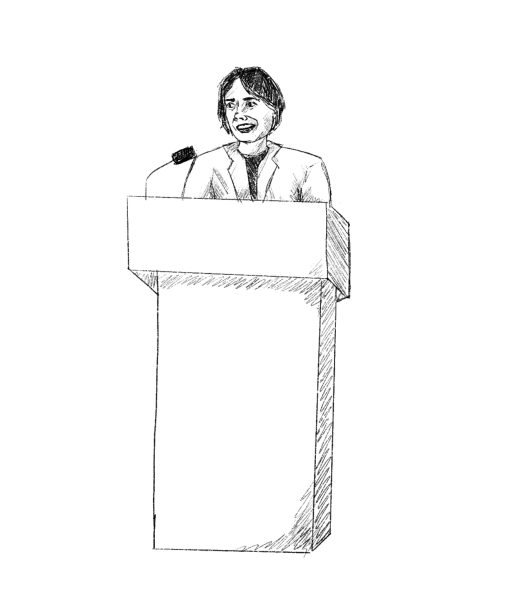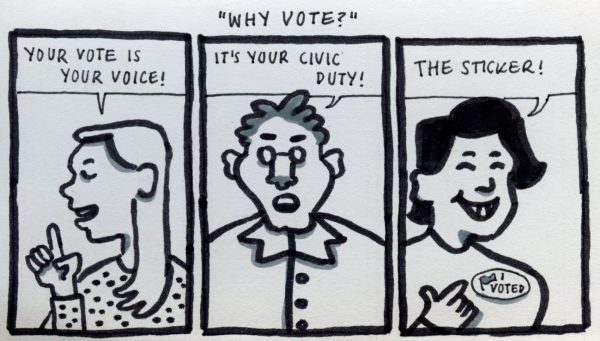Nepotism Stunts Latin American Political Development
May 5, 2016
Every election year Latin Americans read the same last names on their ballots. Sometimes it may be the same candidate from a previous election, or sometimes a cousin, a son or daughter, a wife or former wife or even a candidate’s lover. In Latin America nepotism is a common thing. In Peru the daughter of ex-president Alberto Fujimori, a man currently in prison, is running for the presidency. In Argentina a couple held the presidential office for 12 years, beginning with Nestor Kirchner from 2003 to 2007 and then his wife Cristina from 2007 to 2015. Nicolas Maduro, successor of Hugo Chavez in Venezuela, was nothing more than Chavez’s bodyguard some years ago. Maduro was a high school dropout and before entering politics he was a bus driver.
Latin America is a place where oligarchies dominate. This reality, in which some families and social groups control entire countries, has many causes. One factor is the difficulty posed to those wishing to enter politics, but another one is that politicians have bad reputations. Well-prepared people, people with bachelor’s degrees and doctorates, do not want to enter politics because politicians are considered crooks.
People in Latin America believe that political positions are reserved for certain groups. To access these groups one must either befriend them or do them favors. Perhaps this is the reason why few Latin American countries have enjoyed stable governments in the last century. Almost all the countries in Latin America experienced dictatorial rule in the past hundred years – Cuba is still governed in that way. Countries like Venezuela and Ecuador have rulers that do not sympathize with the idea of political opposition, nor do they defend freedom of speech. I would say that in many cases Latin Americans avoid political involvement because of fear. They know politicians often deal with drug cartels and other criminal groups – in some cases as allies. In Mexico these drug cartels have murdered many candidates and politicians in office. Life in Latin America is hard enough by itself, entering into politics exacerbates these hardships by making citizens targets of criminal organizations and other threats.
In Latin America, politics does not attract talented citizens. Most of them prefer to pursue other social projects, or simply migrate to other countries like the United States. Venezuela and Mexico are two examples of this. In Venezuela the political crisis has caused millions of Venezuelans leave the country. Businessmen and intellectuals have preferred to take flight rather than try to challenge the regime of Maduro. The oppression and violent tactics of the Venezuelan government isn’t helping the situation. In Mexico there are approximately 30,000 people with PhDs. 11,000 of those people live and work in the United States. I think that the participation in politics of highly educated people is necessary. You cannot expect much from under qualified people in crucial leadership positions. Maduro himself is an example – he was Minister of Foreign Relations in Venezuela but he did not speak any other language than Spanish.
This article might seem pessimistic about the political situation in Latin America, but there is hope. As of late, there have been key improvements in some countries of the region. In Mexico independent candidate Jaime Rodriguez has become state governor of Nuevo Leon. He is the first independent to win leadership of a state in the Mexico’s history. In Peru there have been major protests against Keiko Fujimori, the daughter of the convict ex-president. In Venezuela citizens have been collecting signatures to overthrow President Maduro, who has put Venezuela in the worst economic crisis of this century. To end bad practices like nepotism Latin America needs to see more citizen involvement in the democratic process. Most countries in the region are young democracies – hopefully they will learn from their mistakes. But highly educated citizens must be courageous and run for office. Then maybe the Latin American reputation for lacking intellectual talent in politics can finally come to an end.








